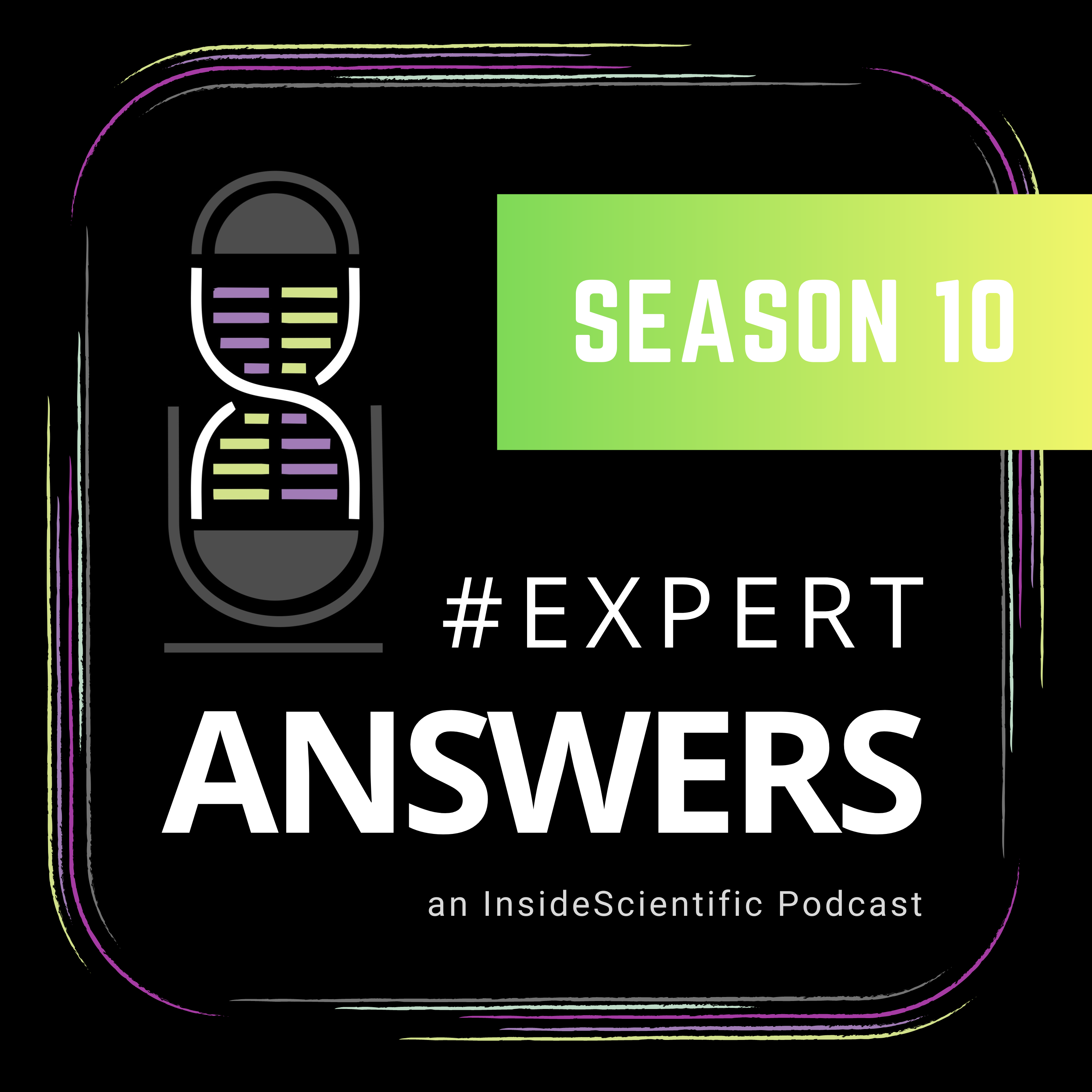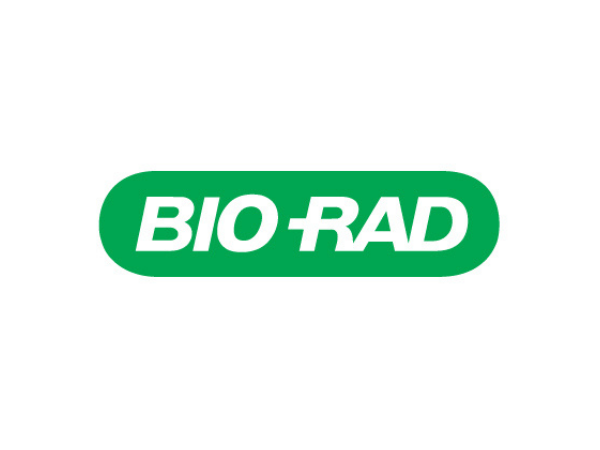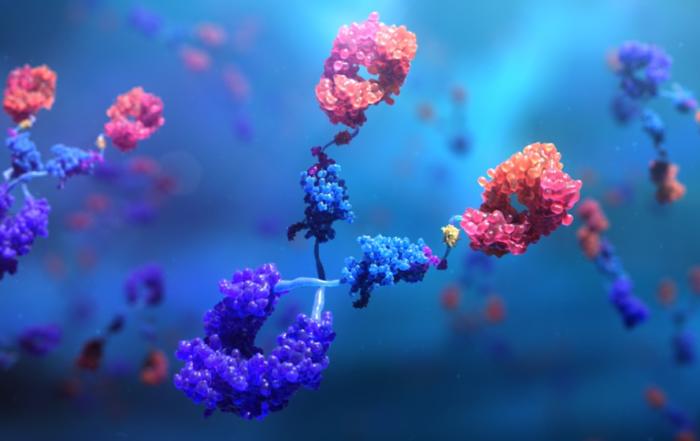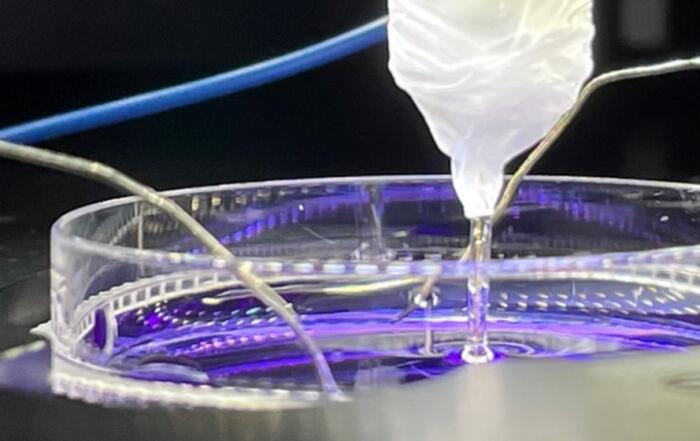Discover how Bio-Rad's bioanalytical services and SpyTag-SpyCatcher technology can speed up custom antibody generation and improve assay flexibility for challenging targets.
Join us as we explore the evolving field of pharmacokinetic (PK) and anti-drug antibody (ADA) assays. In this webinar, Dr. Renee Brissette discusses advancements in bioanalytical antibody development and delve into strategies for ensuring high-quality, reproducible results.
Our discussion features the innovative SpyTag-SpyCatcher technology and its role in improving immunoassay flexibility, and shed light on why recombinant antibodies have become integral for the industry.
Key Topics Include:
- Understanding the latest advancements and solutions for custom antibody generation
- Exploring the importance of recombinant antibodies in the industry
- Delving into the benefits of SpyTag-SpyCatcher in improving assay flexibility
- Strategies for tackling challenging targets with highly specific bioanalytical antibodies
Resources
Presenters
HuCAL Technical Sales Specialist
Bio-Rad Laboratories
Renee Brissette is a HuCAL Technical Sales Specialist at Bio-Rad Laboratories (USA), having joined the team in 2017. In her current role, she is responsible for designing and delivering high performance custom antibodies using the HuCAL technology. Previous to Bio-Rad, Renee worked at DGI Biotechnologies where she constructed antibody and peptide phage display libraries and developed panning strategies to generate drug leads against novel cancer targets. Renee received her PhD in biochemistry from UMDNJ-New Jersey Medical School (USA) then studied model signal transduction and transcriptional regulator systems in bacteria at Rutgers Medical School (USA) as a postdoctoral fellow. This research led to several significant publications to elucidate the mechanism of signal transduction across membranes by demonstrating the functionality of a chimeric receptor in bacteria.
Production Partner
Bio-Rad
Bio-Rad is a global leader in developing, manufacturing, and marketing a broad range of innovative products for the life science research and clinical diagnostic markets. With a focus on quality and customer service for over 65 years, our products advance the discovery process and improve healthcare. Our customers include university and research institutions, hospitals, public health and commercial laboratories, biotechnology, pharmaceutical, as well as applied laboratories that include food safety and environmental quality.
Additional Content From Bio-Rad
How Transformative Antibody Technology Can Improve Your Bioanalytical Assays
Dr. Royle discusses how the combination of antibody phage display and SpyTag technologies can generate critical antibody reagents with a difference.
Additional Content From Scientist.com
Circulating Nucleosome Quantification (Nu.Q®) Technology for Monitoring Target Engagement and Adverse Events in Oncology Trials
Join us for a comprehensive webinar featuring experts in epigenetics and assay development, focusing on the scientific foundations and applications of Nucleosome Quantification (Nu.Q®) Technology in the realms of drug development and disease monitoring.
Innovative Approaches to Assessing Thyroid Disruption: The 3D Human Thyroid Microtissue Model
Dr. Chad Deisenroth, PhD, from the US EPA, introduces an advanced human in vitro 3D thyroid microtissue model designed to evaluate thyroid hormone disruption, addressing current challenges with existing models.
Discover the Freshness of Frozen PBMCs – An Assessment of Cryopreservation Impact on T Cell Activation and Phenotype
Discover the impact of cryopreservation of PBMCs on T cell activation and phenotype in Lonza’s free webinar.
Related Content
Mapping Heterogeneous Interfaces Using Single-Entity Electrochemical Microspectroscopy
Dr. Venky Prabhakaran describes the development of scanning electrochemical microspectroscopy and its application to characterize heterogeneous electrified interfaces.
Molecule Transport across Cell Membranes: Electrochemical Quantification at the Microscale
In this webinar, Dr. Sabine Kuss discusses the importance of transmembrane molecule exchange and how to detect and quantify membrane transport of molecules in cells.
Advancing Water Quality Monitoring: How to Easily Integrate Advanced Bioanalytical Techniques for Comprehensive Insights
Dr. Jack Vanden Heuvel discusses how integrating cell-based bioassays and effect-based trigger values enhances water quality assessment beyond traditional methods.










